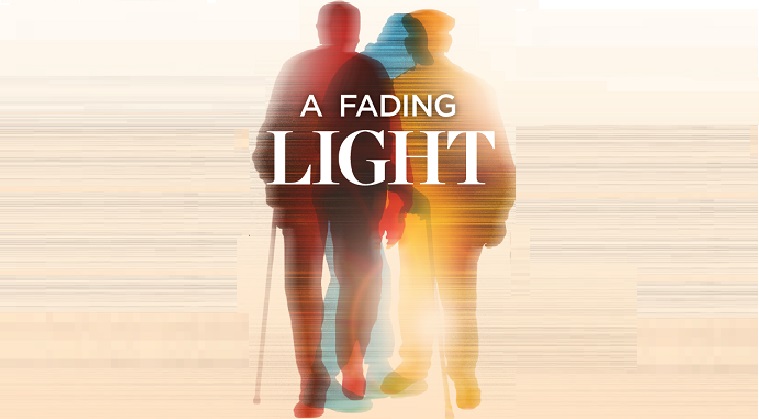A Fading Light: Chapter 14


I know this sounds unbelievable. A doctor who, for a year, would advise me — a person he’d never met — over the phone about a patient he had never seen?
M
ost people believe that honesty is the best policy. In the realm of illness, however, a place where long-held views and assumptions are often challenged, this isn’t necessarily the case.
Unlike in the past, when grim diagnoses were routinely withheld from those who were ill, the current trend is to be forthright. This is based on the belief that a person who’s ill has the right to know the nature of his illness so that he or she can share in making decisions about care and, when relevant, end-of-life choices, and that telling the truth is always the right choice. I started out believing both of these ideas, but my experience taught me otherwise.
For a long time, I tried desperately to share my suspicions about the nature of my husband’s illness with him. Each attempt had the same result: He didn’t want to hear what I had to say. I wanted him to get diagnosed. He wouldn’t hear of it. There was nothing wrong with him, he insisted. I persisted for a long time, but it became increasingly clear that he didn’t want to know.
I weighed the advantages and disadvantages of continuing on this course and eventually decided that it was kinder not to. There was nothing to do, no cure available, and no point in forcing him to share the misery and dread I experienced every single day.
Clearly, certain steps had to be taken. I knew he needed to be on meds that might, at best, slow down the progress of his illness. A good friend who was a physician prescribed that medication, describing it as a nutritional supplement. This taken care of, I then set out to find the kindest doctor to treat him.
Because I didn’t at this point have a diagnosis and because Alzheimer’s was the only illness I knew about that might cause symptoms like his, I called the Alzheimer’s Association Hotline for a recommendation. The woman who answered was surprised by my request. Most people, she said, asked for the name of the most qualified doctor. I explained that I assumed all of her recommendations would be for highly qualified practitioners but that I needed one who was also kind.
She didn’t hesitate for a moment before giving me the name of Dr. N. He was, she assured me, the best: extremely well-qualified to treat dementia and also a true mensch. She wasn’t exaggerating. Later that day, he and I began a dialogue over the phone that continued for a full year while I tried to convince my husband that, given our ages, it wouldn’t be a bad idea to replace our internist with a geriatrician.
Yes, I know this sounds unbelievable. A doctor who, for a year, would advise me — a person he’d never met — over the phone about a patient he had never seen? But he did, and encouraged me to call for advice whenever I needed it until such a time when I could convince my husband to see him.
(Excerpted from Family First, Issue 652)
Oops! We could not locate your form.


